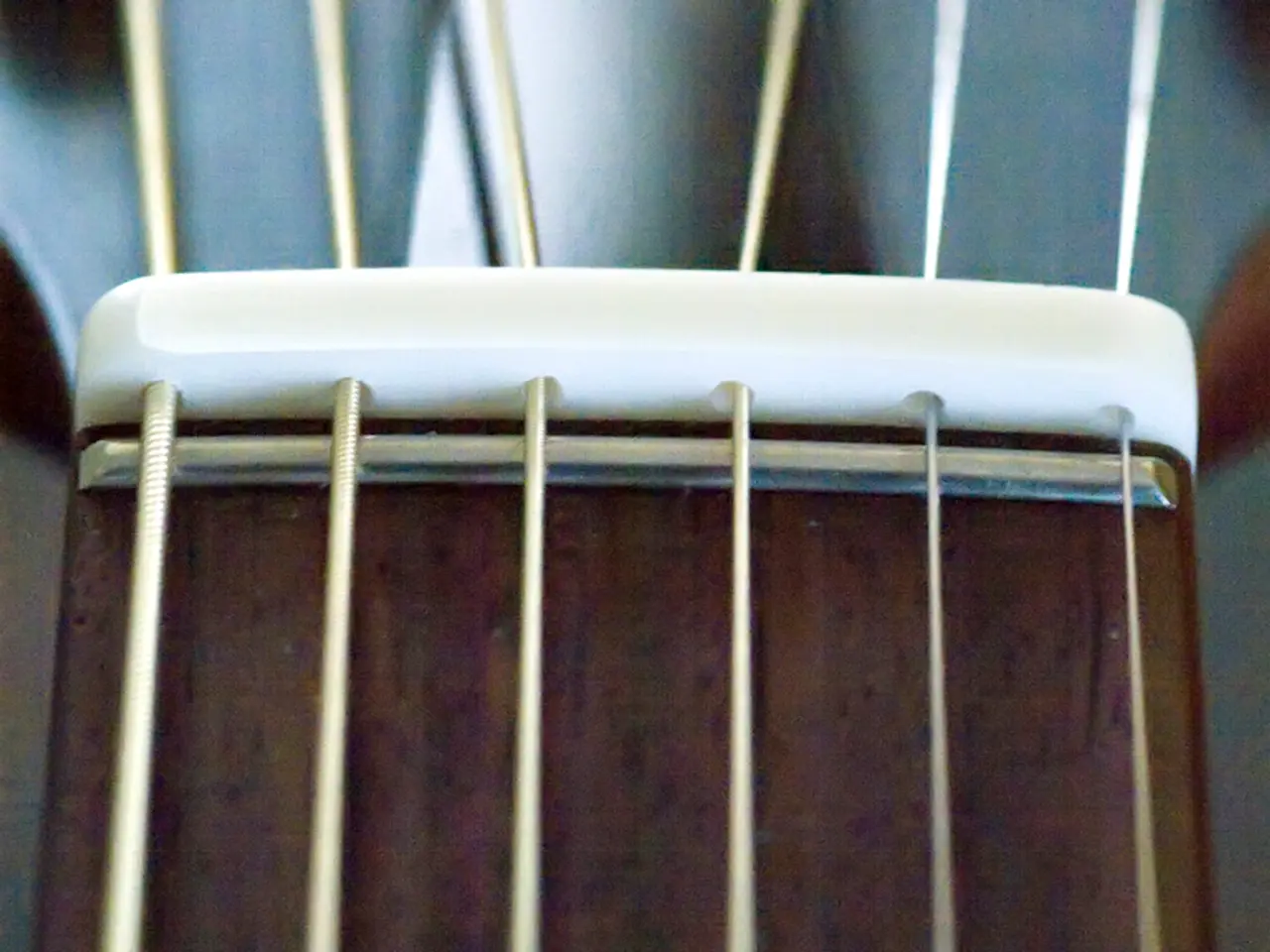"Skunk Baxter opted for the Squier Telecaster, priced at $140, over a high-end vintage model, finding it to offer superior sound quality in his view"
In a world where vintage guitars often command premium prices, Jeff "Skunk" Baxter, the legendary American musician known for his work with Steely Dan, the Doobie Brothers, and James Brown, among others, has a unique approach to guitar selection. Baxter's philosophy revolves around ignoring external factors and focusing on the instrument's playability.
This stance was recently highlighted when Baxter shared that he purchased a $140 Squier Telecaster with a Jazzmaster pickup installed for rhythm. In a comparison with a vintage '58 Telecaster costing a "bazillion dollars," Baxter found that the affordable model sounded better to him. This notion—that newer, more affordable guitars can outperform expensive vintage instruments—is echoed by other guitarists like Joe Satriani, who has become disillusioned with vintage guitars and instead prefers modern builds and technology for their performance advantages.
Baxter's perspective aligns with the modern trend of valuing playability and tone over vintage status and cost. While some guitar legends like David Gilmour acknowledge the historical and emotional value of vintage guitars, they note that these instruments do not always play better than well-made contemporary models or reissues. In fact, Gilmour himself could not tell the difference between his $4 million Black Strat and its 2008 reissue in a blindfold test.
Joe Bonamassa, known for his collection of vintage gear, also believes that a guitar's heritage, price, or brand name should not determine a purchase. Instead, he advocates for choosing a guitar based on how it feels to play. Baxter himself follows this advice, setting up the Squier Telecaster himself with the help of a guitar repair guy at Guitar Center.
Baxter's interview discussing his approach to guitar selection can be found in the latest issue of Guitarist magazine, available for order from Magazines Direct. The interview also sheds light on some interesting anecdotes from Baxter's career, such as how a snowstorm led to him becoming James Brown's last-minute sideman and his past guitar trades with Jimi Hendrix.
In conclusion, Baxter’s preference for affordable electric guitars over vintage models is not isolated. Other respected musicians also recognize that these instruments can offer superior sound and feel compared to vintage models carrying a premium price tag. This shift in perspective could challenge the traditional view of what makes a great guitar, emphasizing playability and tone over vintage status and cost.
[1] For the exact dollar amount, please refer to the original source. [2] This information is based on multiple sources, including interviews and articles.
- When comparing an affordable Squier Telecaster with a vintage '58 Telecaster, legendary musician Jeff "Skunk" Baxter found the former's sound to be superior, highlighting the potential for new electric guitars to outperform vintage instruments.
- David Gilmour, another guitar legend, agrees that contemporary electric guitars can play better than expensive vintage ones, despite their historical and emotional value.
- Joe Satriani, like Baxter, has become disillusioned with vintage guitars, preferring modern builds and technology for their performance advantages.
- Joe Bonamassa, despite his collection of vintage gear, advocates choosing a guitar based on how it feels to play, rather than its heritage, price, or brand name.
- Baxter's preference for affordable electric guitars over vintage models is echoed by other respected musicians, indicating a shift in the industry that emphasizes playability and tone over vintage status and cost.







